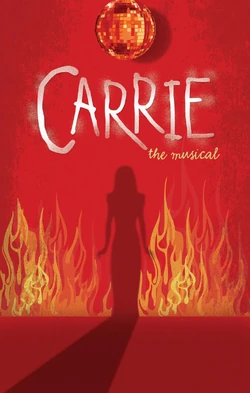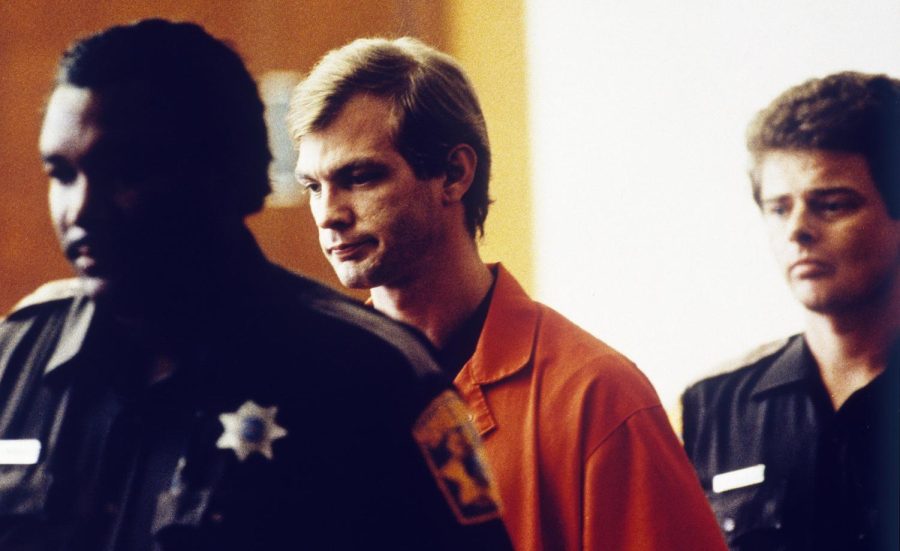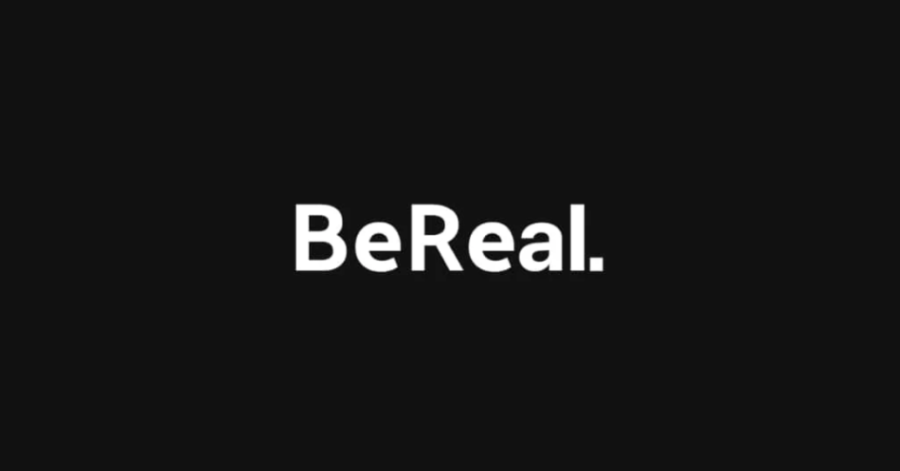For many high school students, college represents the ultimate endgame in their academic careers. Beacons of possibility and opportunity, collegiate institutions, however, also serve as the root cause of immense pressure and rivalry that exist amongst those looking to further their education. In order to set themselves apart from their fellow classmates, students pack course loads full of rigorous studies and strive to receive top scores on examinations. Yet, for some, notably the wealthy, bribery and deceit now marks a method to guarantee acceptance. In the recent Netflix documentary Operation Varsity Blues: The College Admissions Scandal, which debuted on March 17, 2021, the infuriating story of how one man single handedly orchestrated the scam of a lifetime showcases just how far one will go to secure a future.
From director Chris Smith, the mind behind the acclaimed Frye documentary, comes an innovative and unique approach to storytelling. The tone of Operation Varsity Blues roots itself in a compelling re-enactment of events. Using released F.B.I. wiretapped calls, actors portray relevant individuals who played a hand in the slippery game of admissions. Displaying authentic conversations, audiences receive a play-by-play of how exactly the seemingly shameless operation worked, focusing on the nucleus of the plot itself.
At the core of the massive scheme lies Rick Singer, portrayed by Matthew Modine. A high school basketball coach turned college counselor, Singer worked privately to build up his elite clientele and connections with prestigious schools. Singer offered what he deemed a “side door” policy to those willing to exceed great lengths for admissions to the country’s most renowned schools. Rather than taking the ethical “front door” approach where one gets into a school based on merit alone or by donating large sums of cash through the “back door” route, Singer crafted another option centered around pure fraud, involving photoshopped pictures, fake sports profiles and altered test scores. Yet, instead of wanting the best for their children, the parents who took these drastic measures were simply driven by their own power-hungry tendencies, seeking to obtain a higher status within a wealthy world of toxicity.
Targeted at the top 1% of society, Singer manipulated his clients into investing money for a guaranteed outcome. However, the mechanics of the whole operation exposed just how deeply broken the college admissions system is. “A very prominent, predictive feature of getting a high test score is family income, so all standardized testing already advantages those who are already advantaged” claims former Stanford Admissions Officer John Reider when pointing out the rigged culture surrounding the most sought after schools. Using tests to narrow the pool of applicants only benefits those who have the money to give themselves an edge in the competitive atmosphere of college admissions.
Accompanying the compelling narrative, testimonies from college counselors and a naive sailing instructor who got caught up in the mess provide their own set of insights into the scandal. Expounding on the harsh reality of admissions, individuals well-versed in the process contribute to the perceived notion of biased circumstances that satisfy the rich. Even with over 3,000 schools to choose from, students continuously aim for the top 25, furthering excessive competition and the need to bend the rules. Those caught up in the lure of the most prestigious colleges and universities lose sight of the fact that “where you go to school has little to no effect on what will happen to you in the future,” education consultant Barbara Kalmus said.
Behind the scenes, an even more disturbing phenomenon becomes apparent by the end of the film. Despite the public indictment of 50 individuals, loopholes continue to plague admissions offices as all Singer did was only exploit existing flaws in the education system. Daniel Golden, author of The Price of Admission, strongly believes the focus of criticism should fall on the “college and universities that created this system with a preference for families of privilege.” Golden’s views, along with many other like-minded individuals, give way to the corrupt nature of a system that students subscribe to. Although the case of Operation Varsity Blues failed to remedy the pending problem, the film renders a priceless lesson about pride over prestige.














